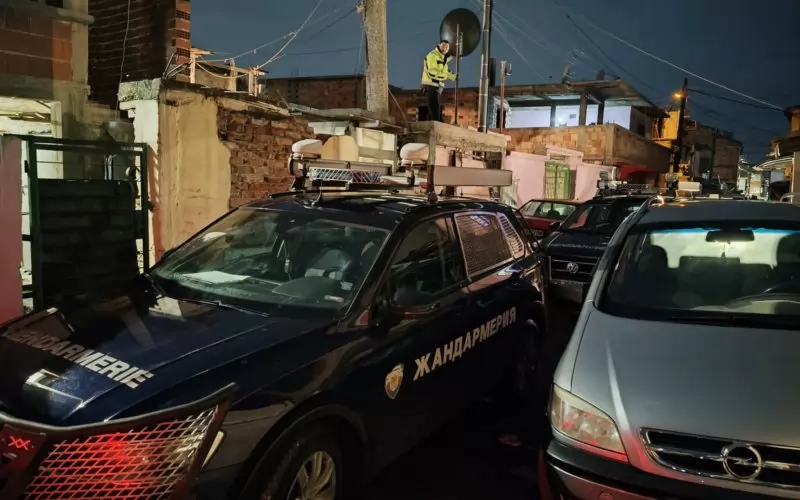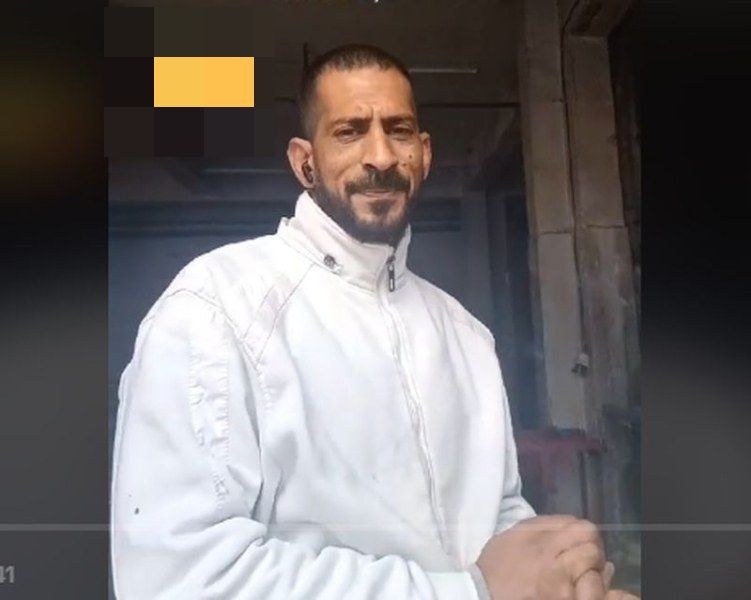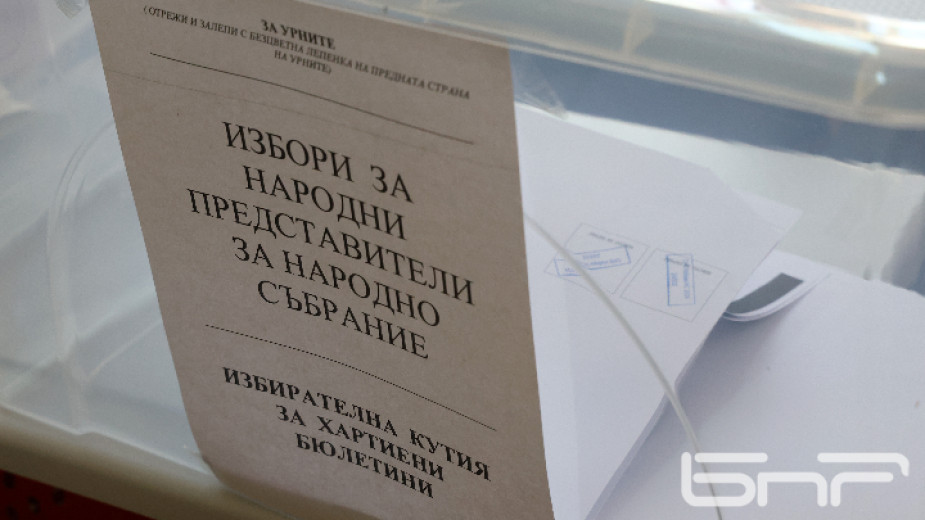On the occasion of the evacuation of the so-called “Rroma house” in Duisburg, Jakob (2014) takes look at the history of the three apartment buildings that housed up to 1,400 people at peak times. Since 2009, the residential complex “In den Peschen”, which had been purchased by the real estate agent Branko Barisic, was in the headlines. It was mostly due to the voices of angry residents who were complaining about noise, pollution, and petty crime. The Rroma themselves – if they really were all Rroma from Romania and Bulgaria, as it was claimed – remained largely unheard and were stylised as a bunch of uneducated poverty immigrants abusing the German social welfare system and spreading disorder and chaos. Again and again, culturalising arguments were evoked, one spoke of two colliding worlds, of the alleged anti-social behaviour and backwardness of immigrated Rroma. That the immigrants are socially disadvantaged families who are looking for better life in Germany was largely concealed. Likewise, that poverty has nothing to do with ethnicity and therefore there are also poor ethnic Romanians, Bulgarians who move to Western Europe. However, that it a mass exodus of “poverty immigrants” into the German social welfare system occurred, as was repeatedly claimed, is doubtful: there were always well-educated migrants, who didn’t receive any media attention. Critical statistics could not detect a mass influx from the new Schengen countries Romania and Bulgaria. Many stayed at home in their familiar social environment.
Jacob tries to show that the immigrants were largely left by themselves in their attempt to integrate and that a little bit more help by the authorities and residents would not have allowed the situation to escalate in such a way: “Little by little, the citizen protests against the Roma mixed with right-wing radicals. In the Internet there were calls to attack the house. In the local elections in May, right wing extremists received nowhere more seats than in North Rhine-Westphalia [NRW]. Pro NRW, which had demonstrated in front of the house, has since then send four representatives into the city council, the NPD one representative. The city saw the Roma mainly as a problem: a year ago, city director Reinhold Spaniel explained in the taz that the “social behaviour of many Roma” was “an impertinence”. The city was “completely overwhelmed” by them financially, Spaniel said. Duisburg feared the influx of other “economic refugees” and probably also an escalation of the situation. The Roma should go. […] While the neighbours were giving interviews to the TV-crews, Horst Wilhelm B., former caretaker, sat separately on his scooter and watched the exodus of the Roma. “They are pigs”, he says later quietly. He meant the neighbours. “They simply did not want any Gypsies here.” They were already offended when the children went to school and made some noise. […] He himself didn’t want to live in the house any longer either, but the city didn’t do anything to give the people a chance in Duisburg. “Maybe”, says B., “everything would not have been so bad if the people had got some help.”” Jacob shows memorably that the integration of the people doesn’t only depend on their adaptability and willingness to integrate, but also on the willingness to incorporate them by residents and authorities. When both sides endeavour a successful integration, integration is usually effective. That this is absolutely possible prove the 110,000 to 130,000 Rroma who live integrated in Germany, often since generations. They are mostly ignored by the media.
- Jakob, Christian (2014) Unbekannt verzogen. In: Die Tageszeitung (TAZ) online vom 5.8.2014. http://www.taz.de/Roma-in-Duisburg-geraeumt/!143601/







